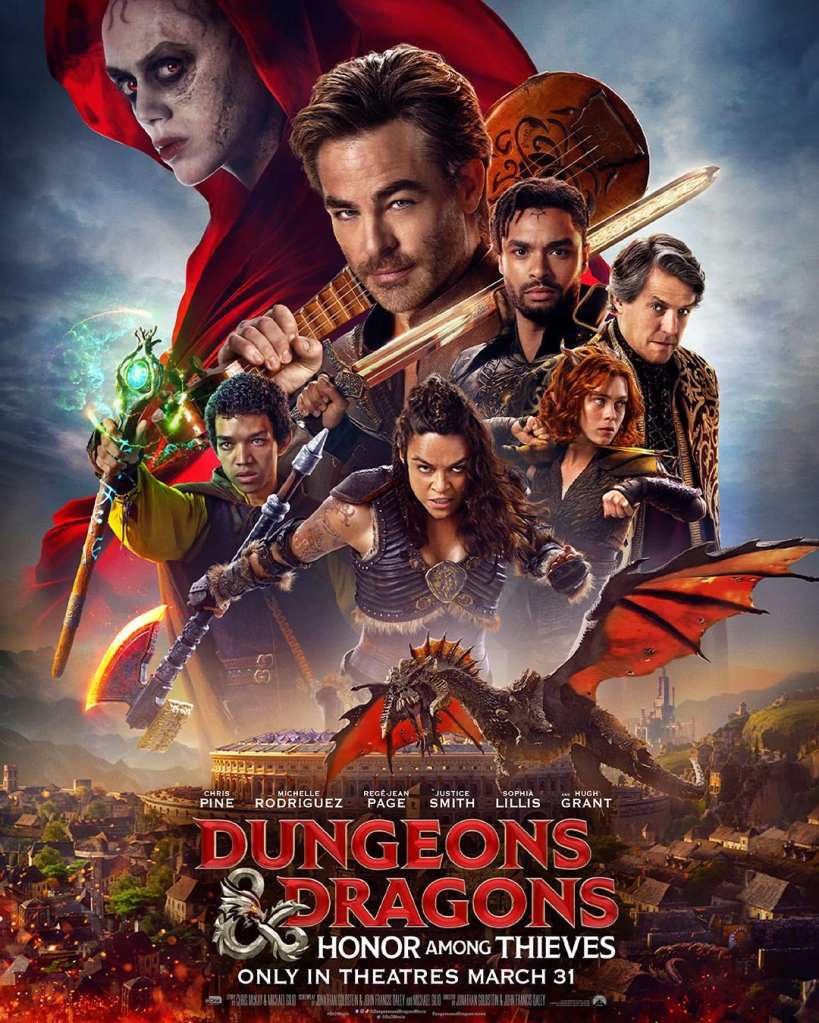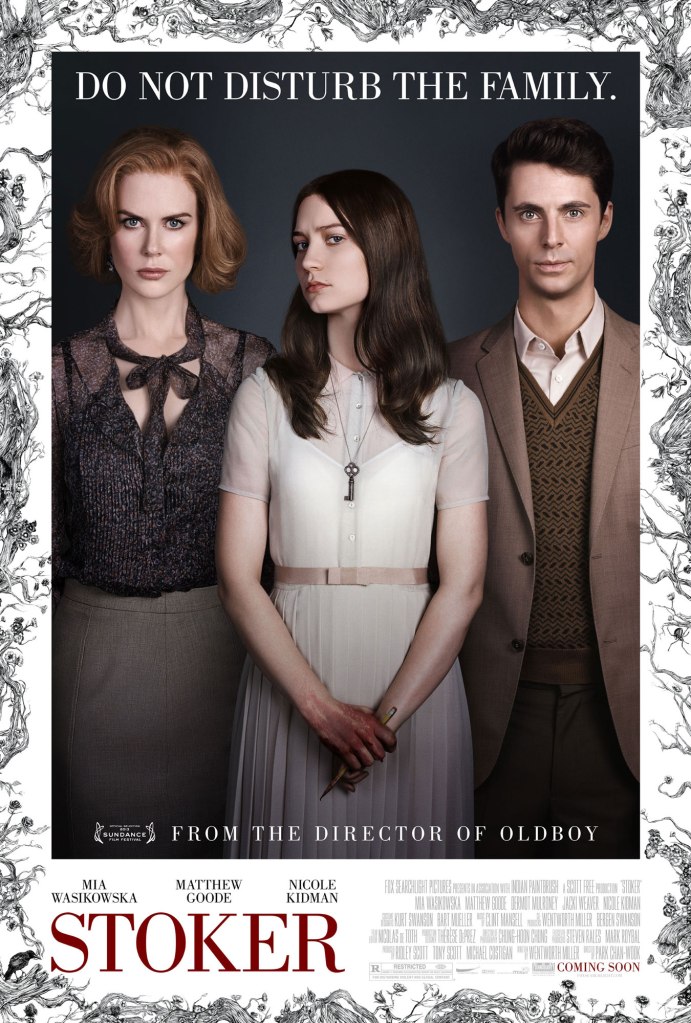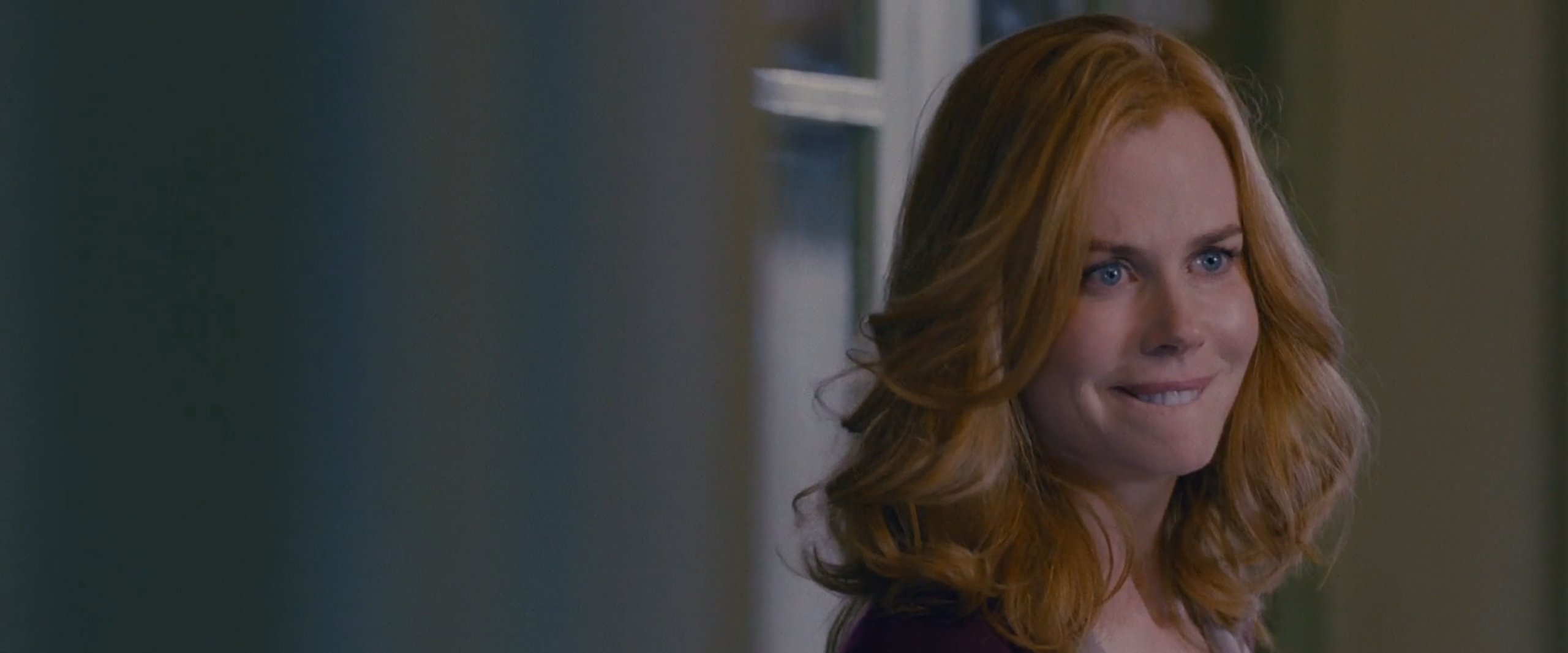
On July 8th, 2000, in an episode of the NBC teen dramedy Freaks and Geeks, 15-year-old Sam Weir (John Francis Daley, who would go on to co-direct this film) explained the appeal of Dungeons & Dragons:
“We sit around and crack jokes and eat junk food all night while we’re fighting dragons and saving princesses and stuff. It’s pretty fun.”
The scene is striking in retrospect for the sheer number of successful future comics that appeared, including Samm Levine, Martin Starr, and James Franco (the series also featured some of the first appearances of Seth Rogen, Lizzy Caplan, and Jason Segel), many of whom would go on to create a body of comedic work with a mix of scripted and improvised dialogue, frequently collaborating with the writer of the episode, Paul Feig, as well as his show co-creator Judd Apatow. What does any of this have to do with D&D? Well, first, improvisors are, without exception, a huge bunch of nerds. But also, fundamentally, D&D is an improv game. It’s based on rules, and the players’ and dungeon master’s choices have to exist within some version of them. But it’s also a special, off-the-cuff, live event that will only occur in exactly that way one time, and as comedian Ben Schwartz told my Seattle audience last weekend before spinning up a long-form improv show, “If you try to tell your friends about anything that happened here, it’s going to sound like a whole bunch of nonsense” (can confirm).
This requirement to balance coherent storytelling with freewheeling anarchy might explain why a tabletop RPG like Dungeons & Dragons has some unique adaptation challenges compared to video games (which also have a fairly spotty cinematic record). If you want to adapt a video game, your choices exist on a spectrum between “make a version of the game as played by the best player ever” and “just slap the name onto an generic adventure tale that vaguely resembles it”. Previous attempts to adapt D&D have largely opted for the second method – but this feels like the first attempt to capture the loose, jokey, improvisational chaos that is fundamental to the appeal of the game. You’re telling a story, sure, and that story ultimately has to make some kind of sense. But you’re also making choices ranging from the rational to the ridiculous, and rolling the dice as to the outcomes of those choices. A skilled DM will attempt to balance the madcap randomness of gameplay with the fun and coherence of the story (usually by selectively breaking rules as needed) – and that seems to be the difficult path that these filmmakers chose to tread – or at least convincingly imitate – with the script of Honor Among Thieves. And to my unrelenting delight, it worked.
The story starts in media res with merry bard Edgin Darvis (Chris Pine) sharing a prison cell with his partner, barbarian Holga Kilgore (Michelle Rodriguez), who quickly reinforces her barbarian bonafides by fracturing an orc along several geometric planes for creeping on her while she was eating her daily jailhouse potato (per Edgin: “pretty much the highlight of her day”). If I may pause a moment and praise the sublime casting of Rodriguez as a barbarian – this is a classic performance of a D&D character with high Strength and low Intelligence on her character sheet. That’s to say, Holga is a dumb meathead who can rip people’s heads from their shoulders, and not only does Rodriguez play the character’s thickness and brutality for laughs quite effectively; she also executes stunningly brutal fight choreography. It’s a beastly dance, and the closest we’ve seen to Rodriguez whooping superheroic amounts of ass besides her various bouts with UFC fighters during her career as the tank of the Fast party.
While the thieves rot in prison for a heist gone wrong, their former partner, conman and rogue Forge Fitzwilliam (Hugh Grant) has used the proceeds from their failed heist (both pecuniary and arcane) to elevate himself to the noble in charge of the city of Neverwinter, with Red Wizard Sofina (Daisy Head) as his silent and lethal partner, and Edgin’s long-lost daughter Kira (Chloe Coleman) as his ward. After it becomes clear that they’ll need to steal treasure and family alike back from the greedy Forge, they devise an elaborate heist to break into the city vaults on a day when every noble in Faerûn will be coming to town to bet on the local arena tournament. And yes, that is almost the exact plot of Ocean’s Eleven, but let’s not focus on that. Speaking as a D&D player who once freely ripped off Pirates of the Caribbean for one of my campaigns, that feels like par for the course, and hardly works against the film’s appeal.

What makes Honor Among Thieves work so well is that it takes pains to justify the assembly of the party and give each character a personality and a compelling reason to be there – namely, they’re all threatened in some way by Forge and Sofina’s horrific rule of Neverwinter – and a backstory which made me care about their survival and success. Simon (Justice Smith) is a low-level mage with appropriately low confidence – a partner from the previous heist who feels guilty for its outcome, which allowed himself to escape while Edgin and Holga faced the music. Holga is an exile from her tribe and became something of a sister to Edgin, as well as a surrogate parent to Kira, whose birth mother died when she was too young to remember. Doric (Sophia Lillis from It), a tiefling druid living in the woods, is directly threatened by the Bolsonaro-worthy forest destruction that Forge’s expansion of Neverwinter has wrought upon them. Xenk Yendar (Regé-Jean Page), the paladin, in addition to looking forthright and dependable every moment he swaggers around in his cape, refuses the call to adventure, but is willing to help the party out where his war ended, as a mere survivor of the Red Wizards’ conquest of his home country. And Edgin himself…he wants his daughter back, but also has to grapple with the trauma that his separation from Kira has caused her, even as she repeats back the poison that Forge has fed into her ear during her time in Neverwinter. Forge may be a selfish usurper, but he really does like having Kira around, albeit in a gross, possessive way (the idea of molding a young mind to believe whatever lies he spins for her is genuinely appealing to him), which means Edgin can’t merely steal his daughter back. He has to persuade her that she belongs back with her father. And that’s one of several strong emotional cores embedded in this heist.
Grant, as I called out in my 10YA retrospective of Cloud Atlas, is simply unmatched at playing an unrepentant shitheel. Forge’s glee at seizing power and taunting his former friends for accidentally helping him do so is…well, roguish. He doesn’t want the credit in public for all the amazing bad things he did, but he’ll happily monologue about it in private, as long as he has plenty of malevolent magicians and stabby soldiers to do his dirty work out of sight. Edgin, meanwhile, has to be likable in public, because that’s what Bards do – and this is where Pine brings his best Kirk-worthy optimism (along with a fairly pleasant singing voice) to the group. He is not only essential to selling the nobility of their quest to skeptical would-be helpers, but his bravado amounts to a compelling personal arc, because winning back his daughter’s favor will require the very things he is least suited for faking: self-awareness and remorse. This bard has to learn that being likable is not enough – you need to be reliable as well. And Pine plays every bit of nuance that this arc requires, including Edgin’s persistent struggle to stop defending his good intentions in the face of his many bad choices.
In the lobby afterward, I likened this film to “the best D&D session ever”. I wish to clarify my meaning here, because while it is literally true that this is the best D&D film ever made, what I mean is that Honor Among Thieves contained all of the peaks of a well-run D&D campaign, one right after another. The close shaves and quick reshuffling of strategy after a bad roll were all there – as were the brilliantly absurd choreography and visualization of an entire party attacking simultaneously during each six-second round. If all the best parts of a campaign occurred in a single rowdy, Mountain Dew-soaked night, without any table drama or rules-lawyering or spell slot fuckery – with good ideas rewarded by creative counterattacks from the DM, without every choice succeeding, but each one resulting in the sort of improvised flailing that molds it into an even more insane plan with each moment – it might look something like this movie. And I’d be talking my friends’ ears off about it the next day until they begged me to stop.
Like any good DM, it also welcomes newcomers. Yes, if you’re a player, you will cackle a bit as you see a barrage of magic missiles explode against a displacer beast, but even if you’ve never heard of any of that nerd shit, the script gives you just enough detail to skate freely into this world as a fun, familiar fantasy place, just like Stardust and The Princess Bride before it.
Just roll with it. You’ll do fine.
FilmWonk rating: 8 out of 10


